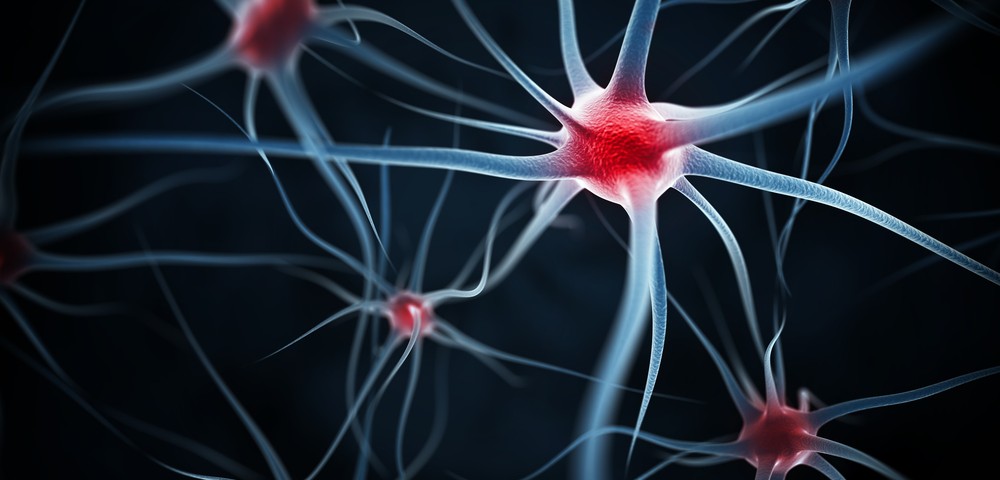Belgium’s KU Leuven researchers have developed an improved cell-based immunotherapy to treat high-grade glioma, one of the most aggressive types of brain cancer.
The dendritic cell-based vaccine therapy was able to greatly improve the survival of animal models of brain cancer. The research paper, “Dendritic cell vaccines based on immunogenic cell death elicit danger signals and T cell–driven rejection of high-grade glioma,” was published in Science Translational Medicine.
High-grade glioma refers to the most aggressive grades — 3 and 4 — of a type of brain tumor that starts in normal glial cells, which surround and support neurons in the brain. Astrocytomas and oligodendrogliomas, arising from astrocytes and oligodendrocytes respectively, are the most common primary tumors of the adult brain. High-grade gliomas, especially grade 4, are associated with low survival rates after diagnosis. For example, 6 percent of patients diagnosed with grade 4 astrocytoma (glioblastoma multiforme) live five or more years after diagnosis.
High-grade glioma is one of the four malignancies most commonly targeted with clinical dendritic cell-based immunotherapies. However, the effectiveness of this therapeutic approach, which consists of the injection of anticancer dendritic cell-based vaccines to stimulate the patient’s immune system to fight the tumor, has been limited by the cancer’s own heterogeneity.
To improve the efficacy of this cell-based immunotherapy, the researchers induced a specific type of death in brain tumor cells of mice models of the disease and incubated these dying cells with dendritic cells that were then re-injected in mice functioning as a therapeutic vaccine that alerted the immune system of the presence of cancer cells.
Combining this treatment with standard-of-care chemotherapy resulted in about 50 percent long-term survival among mice carrying brain tumors, while animals treated with chemotherapy alone experienced no improvements in survival rates. Researchers attributed this benefit to the type of cancer cell killing, which was shown to release damage-associated molecular patterns (DAMPs) acting as danger signals that fully and effectively activated the dendritic cells.
“The major goal of any anticancer treatment is to kill all cancer cells and prevent any remaining malignant cells from growing or spreading again,” senior author Prof. Patrizia Agostinis said in a press release. “This goal, however, is rarely achieved with current chemotherapies, and many patients relapse. That’s why the co-stimulation of the immune system is so important for cancer treatments. Scientists have to look for ways to kill cancer cells in a manner that stimulates the immune system. With an eye on clinical studies, our findings offer a feasible way to improve the production of vaccines against brain tumors.”


